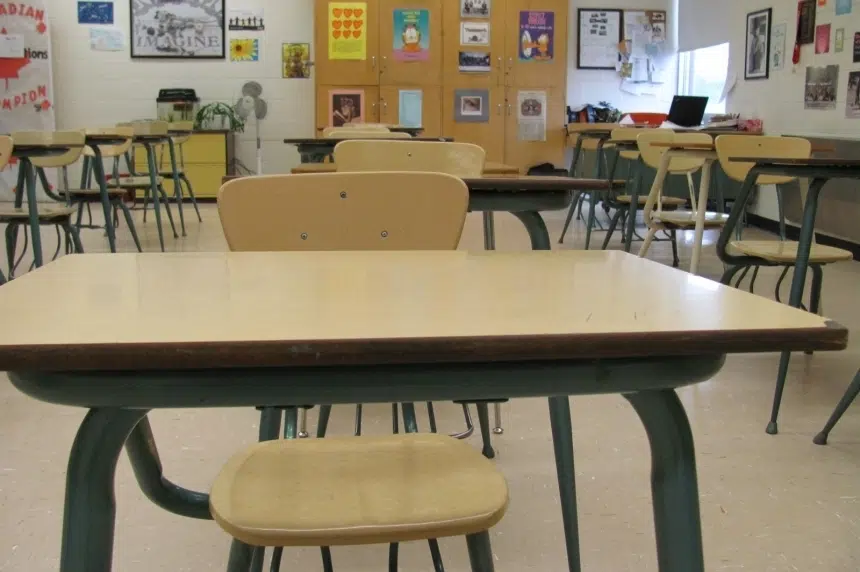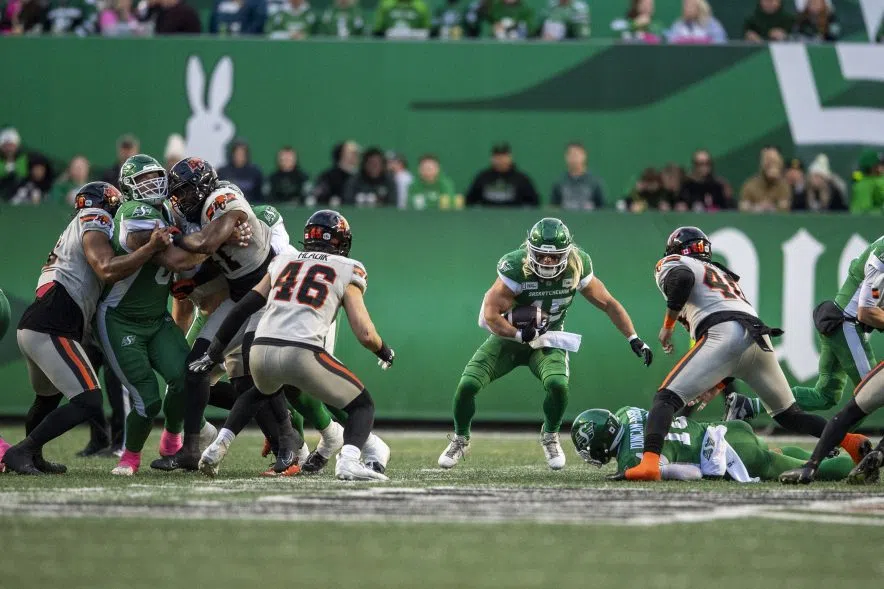Saskatchewan teachers and Indigenous leaders are defending how First Nations and Metis culture and history are taught in the province.
It comes after Education Minister Bronwyn Eyre suggested there was too much “infusion” of the subject matter across the curriculum in a legislature speech on Nov. 1.
Eyre was particularly concerned over homework her Grade 8 son brought home, where he had copied from the classroom board that “European settlers were colonialists, pillagers of the land who knew only buying and selling and didn’t respect mother earth.”
“He asked me if it was okay if he could write that he associated with his pioneer great- and great-great-grandparents,” Eyre noted.
“They had come here and tilled the land that produced food for everybody, and loved their families and tried to create whole, stable communities in this province.”
Eyre suggested the infusion of Indigenous content across school subjects had “watered down” the broader curriculum.
“Students are becoming guinea pigs in some cases for whatever is being tried out by the system,” she said.
The Saskatchewan Teachers’ Federation (STF) spoke out against Eyre’s comments Wednesday.
STF president Patrick Maze called Eyre’s speech in the legislature “troubling.”
He said teachers are doing their best to answer to the Truth and Reconciliation Commission’s calls to action, which include “treaty training” and Indigenous teachings in the classroom.
“Teachers are really digging in and doing work … to try and repair some of the damage done in the past in terms of residential schools and the 60s scoop,” he said.
“They’re trying to educate students as to why we are where we are, and how we can make positive change going forward.”
Federation of Sovereign Indigenous Nations (FSIN) Chief Bobby Cameron told 650 CKOM he was surprised by the minister’s comments.
“We couldn’t disagree more,” he said Wednesday. “It needs to be fully inclusive and fully involved on a daily basis, throughout the school curriculum.”
Cameron noted it was crucial for the next generation to have a greater understanding of what Indigenous people endured through colonialism and the residential school system.
“Our children are going to grow up together,” he said. “We have to learn to understand and respect our view points, our religion and our stances with anything in life.”
Cameron suggested the provincial government, and Eyre, may need a “crash course” in treaty rights and Indigenous history to understand why it’s being taught immersively.







